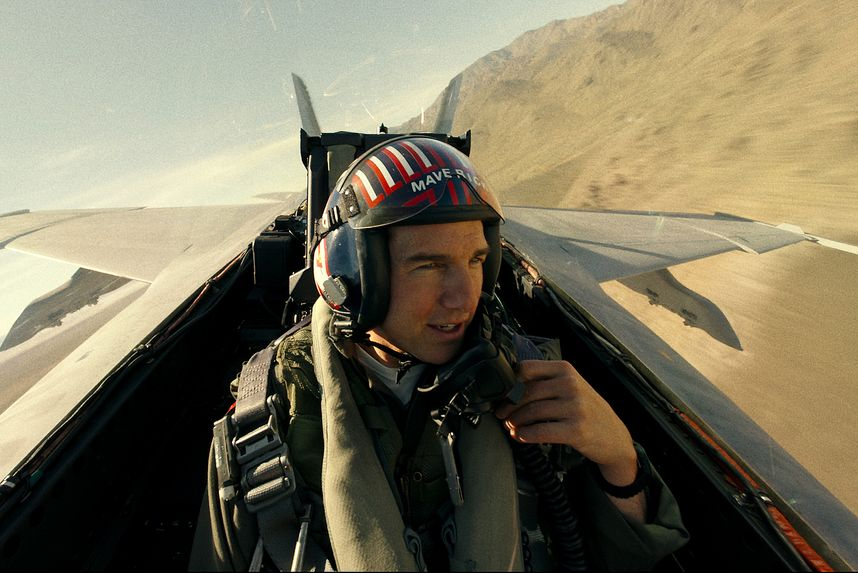Generally speaking, sequels aren’t great. They always try to live up to the precedent set by the film that came before it, often falling short. The best sequels avoid that dangerous pitfall by changing the game. They look to the new as opposed to living in the past- which is why I liked the recently released Top Gun: Maverick. (Please note, this article is SPOILER FREE).
The original Top Gun is a classic. The bar was high and nearly impossible to meet. Maverick didn’t try. Instead, it paid healthy homage to the original while capturing something new. Even more intriguing, it seems that Tom Cruise, much like the movie, used the new direction as an opportunity to transition his own career.
He spent most of his career as the young sex symbol and action star and now he is transitioning into the older guide, still relevant but not “the guy.” He passes the torch in the movie to the younger Miles Teller who plays Goose’s son. Cruise does this by controlling the narrative because he is self-aware. He recognizes how he is changing and aging. He desires to manage his career rather than becoming irrelevant or a joke. And he has started the process early because he can still pull it off.
Cruise isn’t the only actor to do this. Reese Witherspoon shifted gears by establishing ‘Hello Sunshine’. Ryan Reynolds has opened a distillery. These pivots and shifts are not, nor should not, be limited to actors. We should all, regardless of field, be asking ourselves one integral question: How are we managing to think through remaining relevant over the long haul of our careers.
No Points For Second Place
Careers are fluid and we must be prepared for change as job descriptions change, our skill sets evolve, and markets shift. We have to be proactive so that our sequels capture something new, instead of paling in comparison to their counterparts.
A few ways we can do that:
- Self Awareness. We need to have the reflective capability to ask ourselves Is my job still fulfilling for me? and Is this where my talents are best spent? We need to monitor these things in order to know whether or not we’re fine where we are, or moving into our proverbial sequel.
- Make Changes. What tangible changes can we make in our own careers? For some, it might mean a career shift. Depending on the person, this could fluctuate between pursuing entrepreneurship or settling into a stable field. Where are your skills needed?
- Risk vs. Reward. Change is risky, but that is no reason to avoid it. Staying the same is far worse than the risk of making a change. Assess your capabilities, needs, and options carefully. Create a path forward.
It is normal to transition. In fact, it is necessary. The question is, will your proverbial sequel be Oscar-worthy or something caught in the past. The choice is up to you.
Brad Federman is the chief executive officer of PerformancePoint, LLC.

